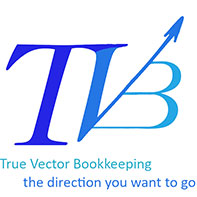Small businesses often face various challenges when it comes to accounting and bookkeeping. Some of the most common problems include:
- Limited Resources: Small businesses may lack the financial resources to hire dedicated accounting staff or invest in sophisticated accounting software.
- Time Constraints: Business owners often find themselves stretched thin with various responsibilities, leaving little time to manage accounting tasks effectively.
- Inexperience: Owners or staff members may lack experience and expertise in accounting principles and practices, leading to errors and inefficiencies in record-keeping and financial reporting.
- Cash Flow Management: Maintaining a healthy cash flow is critical for small businesses, but many struggle with accurately tracking cash inflows and outflows, leading to cash flow problems.
- Tax Compliance: Navigating complex tax laws and regulations can be daunting for small business owners, leading to mistakes in tax filings and potential penalties from tax authorities.
- Record-Keeping: Poor record-keeping practices can result in disorganized financial data, making it difficult to track expenses, monitor profitability, and make informed business decisions.
- Technology Adoption: Small businesses may be reluctant to adopt new accounting technologies due to cost concerns or a lack of understanding of their benefits, leading to inefficiencies in bookkeeping processes.
- Inventory Management: For businesses that sell physical products, managing inventory levels and tracking costs accurately can be challenging, especially without proper systems in place.
- Accounts Receivable/Payable Management: Delayed payments from customers or outstanding bills to suppliers can impact cash flow and overall financial stability.
- Financial Reporting: Generating accurate and timely financial reports is crucial for assessing business performance and securing financing, but small businesses may struggle to produce comprehensive reports due to limited resources or expertise.
Addressing these challenges often requires a combination of education, strategic planning, process optimization, and sometimes outsourcing to professional accountants or bookkeepers.

